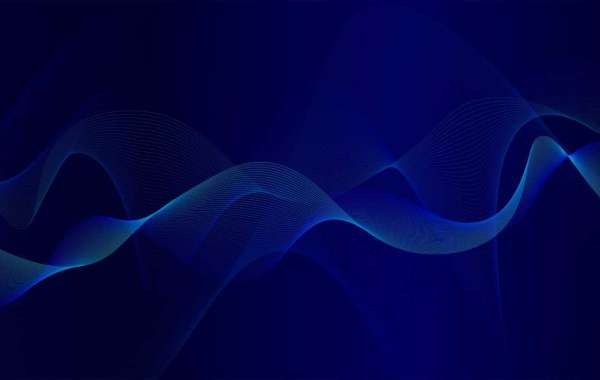Rice water has been used for centuries as a natural remedy for promoting hair growth, improving hair texture, and adding shine. However, while it offers numerous benefits, it is important to be aware of potential side effects that may arise from using rice water on your hair. In this blog post, we will delve into the possible side effects of rice water on hair, helping you make informed decisions about incorporating it into your hair care routine.
- Protein Buildup:
Rice water is rich in proteins, and when used excessively or without proper rinsing, it can lead to protein buildup on the hair. This can result in hair feeling stiff, brittle, and prone to breakage. It is essential to strike a balance and use rice water in moderation.
- Dryness:
Rice water has astringent properties that can potentially strip the hair of its natural oils, leading to dryness and increased frizz. If you have naturally dry or brittle hair, it is advisable to use rice water in combination with a moisturizing conditioner or deep conditioning treatment.
- Scalp Irritation:
Some individuals may experience scalp irritation or allergic reactions to rice water. It is important to perform a patch test before applying rice water to your scalp and hair. If you notice any redness, itching, or discomfort, discontinue use immediately and consult a dermatologist.
- Over-Cleansing:
Using rice water too frequently or as a substitute for regular shampooing can disrupt the natural balance of your scalp and hair. Over-cleansing can strip away essential oils, leading to an imbalanced scalp and potential hair problems such as increased oil production or scalp dryness.
- Sensitivity to Smell:
Rice water has a distinct odor that some individuals may find unpleasant or overpowering. If you are sensitive to smells or find the scent bothersome, you may need to consider alternative hair care options.
- Lack of Scientific Evidence:
While anecdotal evidence and traditional practices support the benefits of rice water on hair, scientific research on its efficacy is limited. It is essential to approach rice water as a potential hair treatment with realistic expectations and an understanding that results may vary.
Conclusion:
Rice water has gained popularity as a hair care treatment due to its potential benefits for hair growth and texture. However, it is important to be aware of the potential side effects that can arise from its use. Protein buildup, dryness, scalp irritation, over-cleansing, sensitivity to smell, and the lack of scientific evidence are all factors to consider when incorporating rice water into your hair care routine. If you decide to try rice water, it is recommended to use it in moderation, perform a patch test, and pay attention to how your hair and scalp respond. Ultimately, finding the right balance and understanding your hair's unique needs will help you make informed decisions and achieve optimal hair health and vitality.








